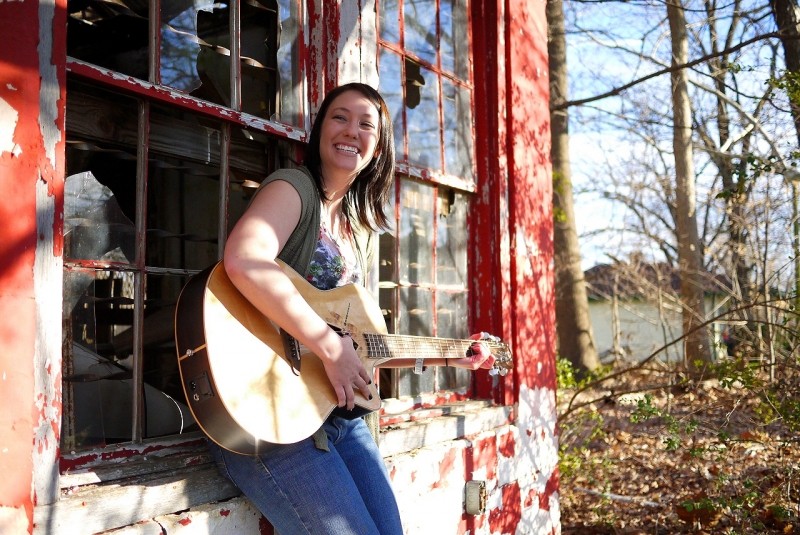I "grew up" with photography back in the early 60's. At the time, my dad was a photographer/ad manager for the local newspaper. Countless times I would "help" him in the dark room rocking the developer & stop tubs with the negatives, watching him enlarge, crop photos and the like. Got my first camera when I was 12-13, and have been taking photos for over 38 years. Bought my first film SLR in 1984, moved to a digital SLR in 2010. Back in the film days, you would TAKE YOUR TIME pressing the trigger because each press of the shutter button costs MONEY. For the film & the developing of the negatives. Now, with unlimited memory, people don't think, before they shoot. Sometimes, it irks me to see people with dSLR's. They NEVER take the things off of the green (A) auto mode! I'm the opposite. I never use the green auto mode. Mine stays in manual mode, unless I'm in a hurry, then it will go to shutter or aperture mode. Also, I shoot everything in RAW mode. I prefer to "develop" my own photos, over using what the camera software thinks is best.
What's really sad with digital, is the demise of the "camera store". The one in my city, had been around with the same name since 1888, and closed this past May. (New owners opening 1/2 the size this weekend). I have been in that store countless times over the last 30+ years. Their prices are higher than online, but the customer service was priceless. Plus, back in the film days, the employees knew me, I knew them, and they knew my needs. I almost always like my photos to show up a little more on the warmer side, than the cooler side, so they would adjust that accordingly. Try that in a one hour film place. Now, most people don't create photographs, they "take pictures".
I hate the phrase, "dslr quality" when I hear that. People think pushing more megapixels equates to a better photo, not understanding that what amounts to a pinhole sensor would ever come close to the image quality, DOF etc, to that of even an 8-10mp dSLR. The physics isn't even possible.
